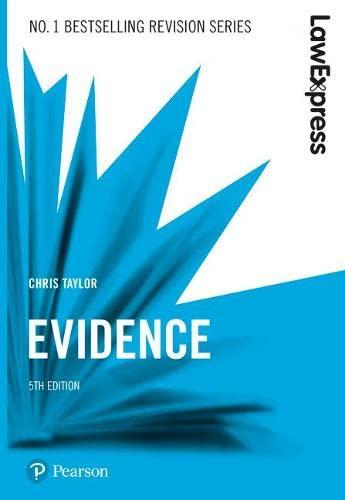
David was a winemaker who was employed for many years at a winery when he decided to start up his own wine production business. He established a proprietary limited company to carry on the business and was the sole director of and shareholder in the company, as well as its only employee. Soon after the company started business, David was killed at the winery when the supports to a wine storage tank gave way and the tank fell on him. His widow is seeking a compensation payment under the company's insurance policy that covers death of an employee. The insurance company is refusing to pay the compensation on the basis that David was the owner of the company and therefore could not be its employee. By referring to the Laws of Business Structures, discuss whether or not the insurance company is justied in taking this position. Give brief reasons for your answer. Winery lnvestrnents Ltd (\"WI") owns 30% of the shares in Barossa Wineries Ltd (\"BW\") and has announced its intention to make a takeover bid for BW. Shortly after the takeover announcement, the directors of BW resolve to enter into a contract for BW to buy the winery business of another company. BW's directors had undertaken a due diligence process that conrmed the acquisition was commercially advantageous to BW. They resolve that this acquisition would be funded by the issue of further shares to the shareholders of that other company. BW's constitution allows it to issue new shares without rst offering them to its existing shareholders. WI claims that the purchase of the business by BW and the share issue has been undertaken by BW's directors to defeat the proposed takeover. In particular, WI claims that the share issue has an obviously detrimental effect on Wl's proposed takeover because it would dilute its percentage shareholding in BW and make the takeover of BW more difcult to achieve. BW's directors were aware of the effect of the share issue on Wl's takeover, but still decided to proceed with the acquisition because of their view that it was commercially advantageous to BW. Further, the board's past policy has been to grow BW's business through acquisitions that are compatible with its existing business, but to keep external borrowings to a minimum in making any acquisitions. Briey discuss whether in resolving to make the acquisition BW's directors have breached any of their legal duties under the Laws of Business Structures









